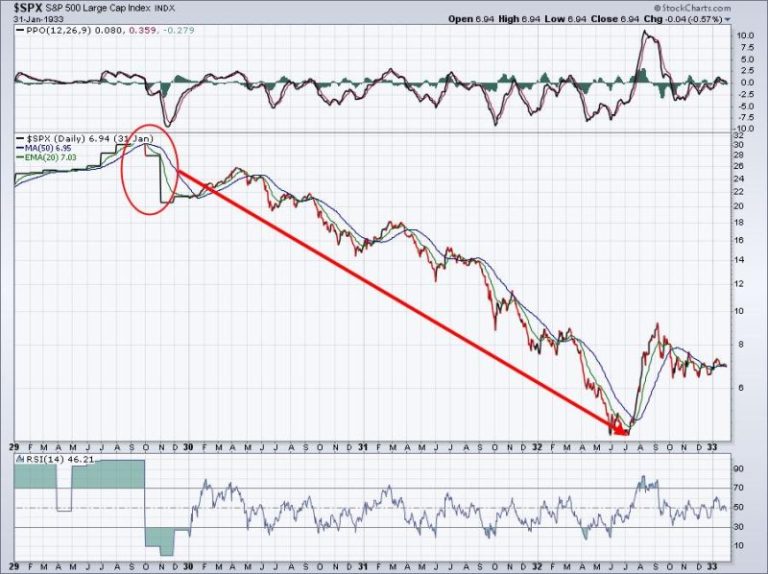The month of October has long been associated with market crashes and downturns in the world of finance. Stories of stock market crashes in October, such as the Black Monday crash of 1987, have left investors wary and on edge during this time of year. The frenzy around the potential for a stock market crash in October has only grown in recent years with the advent of online trading platforms and the ability for news to spread rapidly across the globe.
With the stock market displaying heightened volatility in recent months due to various factors such as inflation fears, interest rate hikes, and geopolitical tensions, investors are keeping a close eye on the month of October for any signs of trouble. The fear of a potential crash often leads to knee-jerk reactions and mass selling, further exacerbating market instability.
Historical data shows that October has seen several significant market downturns, leading many investors to adopt a defensive stance during this period. However, it is essential to note that market crashes are complex events triggered by a combination of factors, including economic indicators, investor sentiment, and unforeseen events.
Market analysts caution against relying solely on historical trends to predict future market movements. While it is essential to be aware of historical patterns and market behaviors, it is equally crucial to consider the current economic landscape and global events that could influence market dynamics.
Market crashes are challenging to predict accurately, and attempting to time the market based on historical trends alone can be a risky strategy. Maintaining a diverse investment portfolio, conducting thorough research, and staying informed about market developments are key strategies for navigating uncertain market conditions.
As October approaches, investors should remain vigilant and proactive in managing their investments. While the fear of a stock market crash in October is understandable given historical precedents, it is essential to approach investing with a level head, focus on long-term goals, and seek professional guidance when needed.
In conclusion, the potential for a stock market crash in October is a valid concern for investors, given historical events and market volatility. However, relying solely on historical patterns to predict market movements may not provide an accurate forecast of future events. By staying informed, diversifying investments, and adopting a long-term investment perspective, investors can better navigate market uncertainties and make informed decisions.



